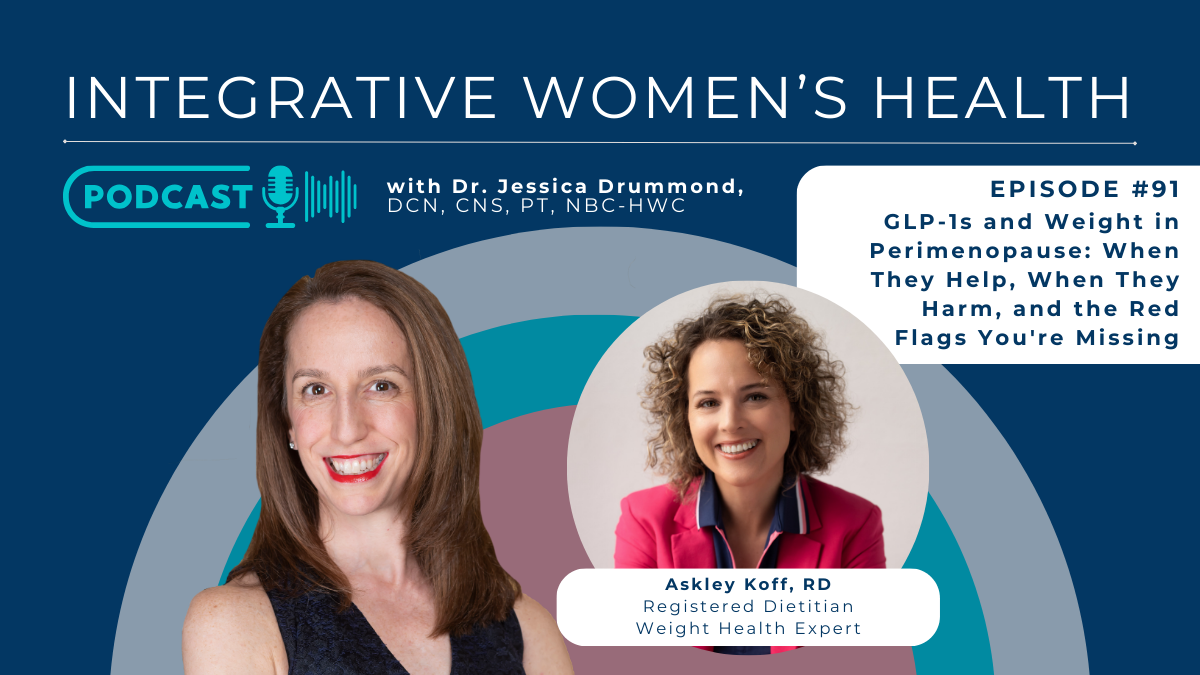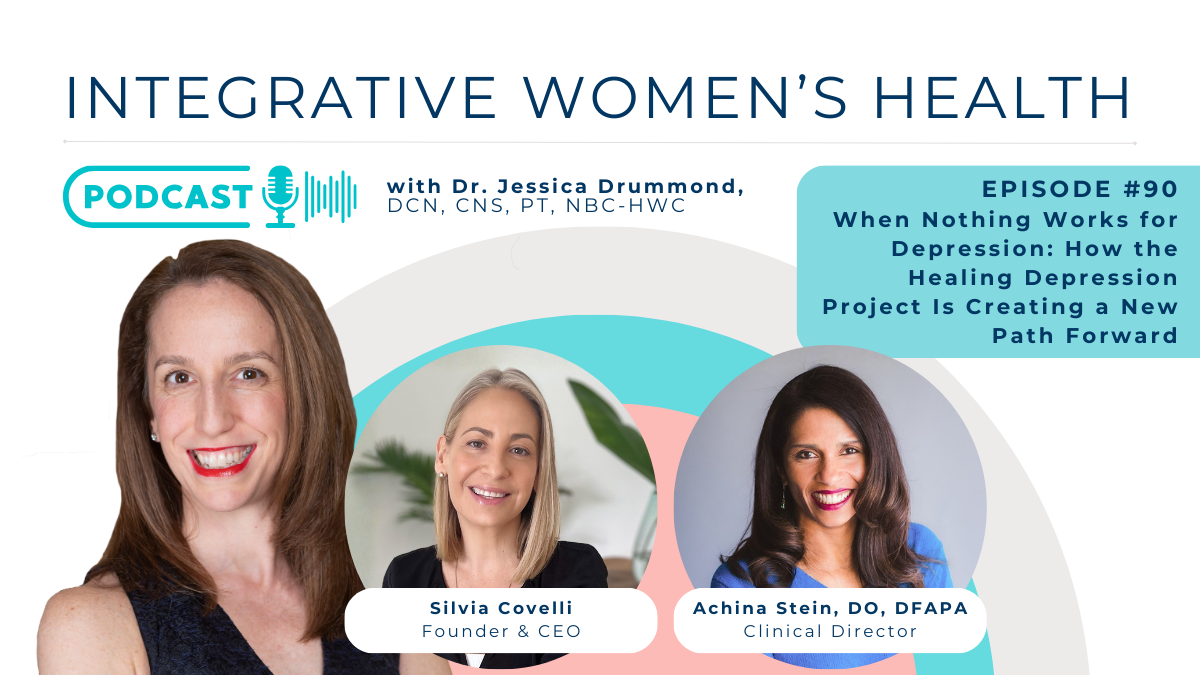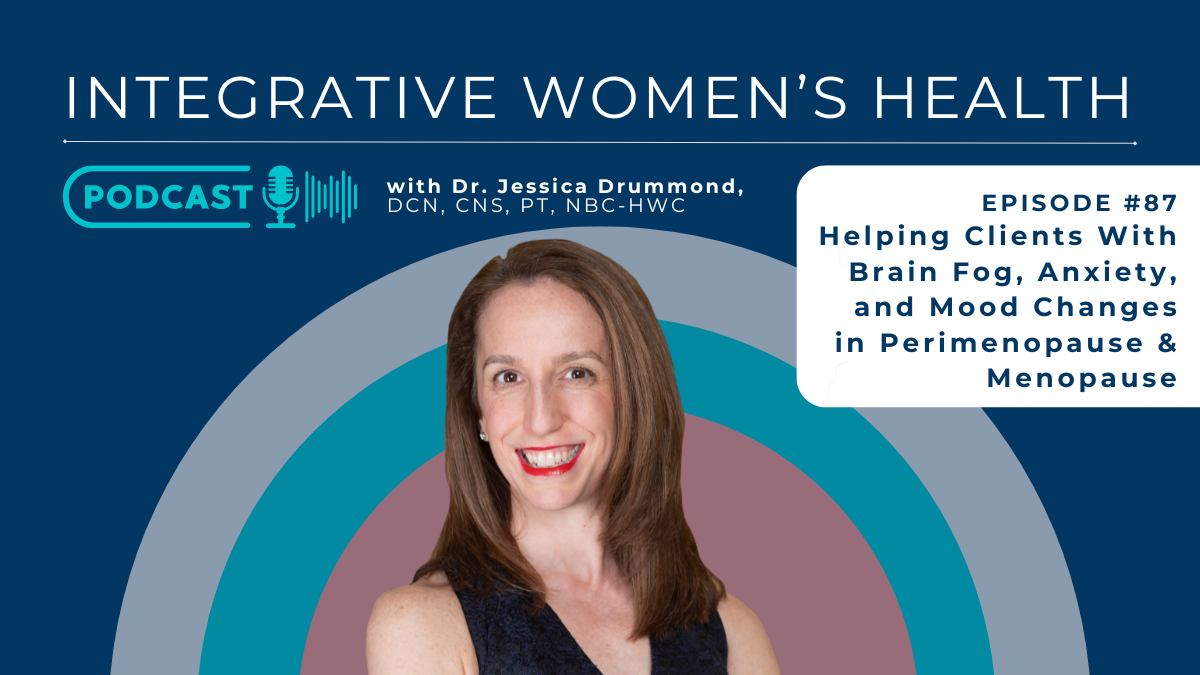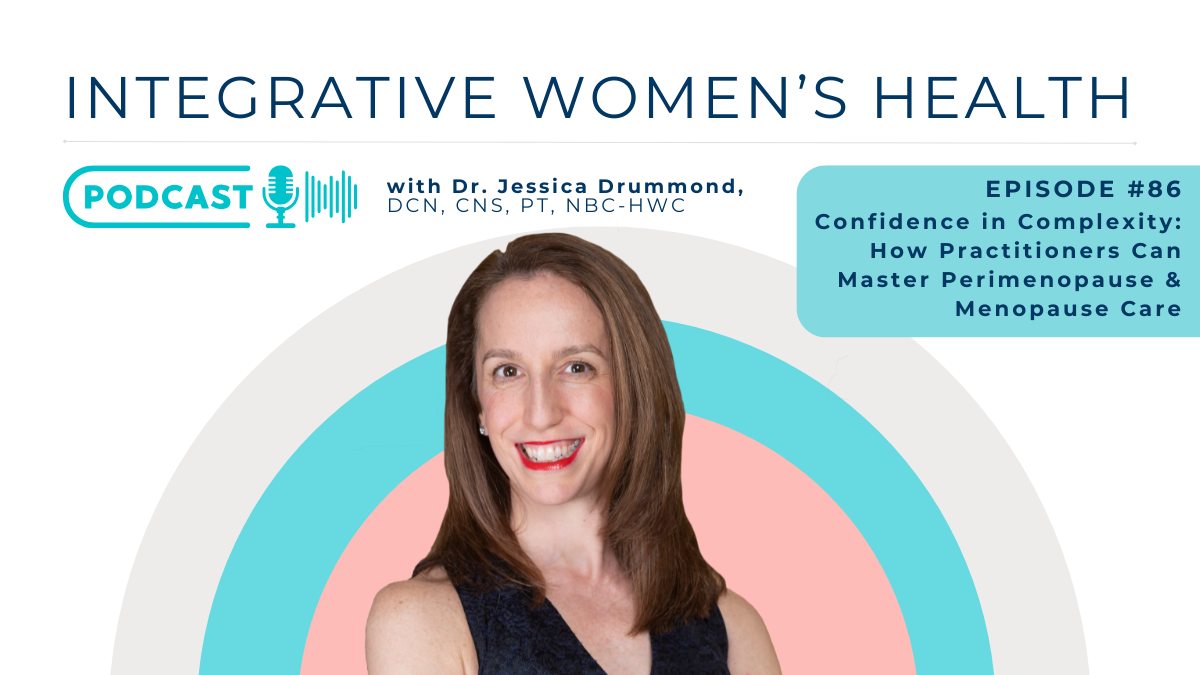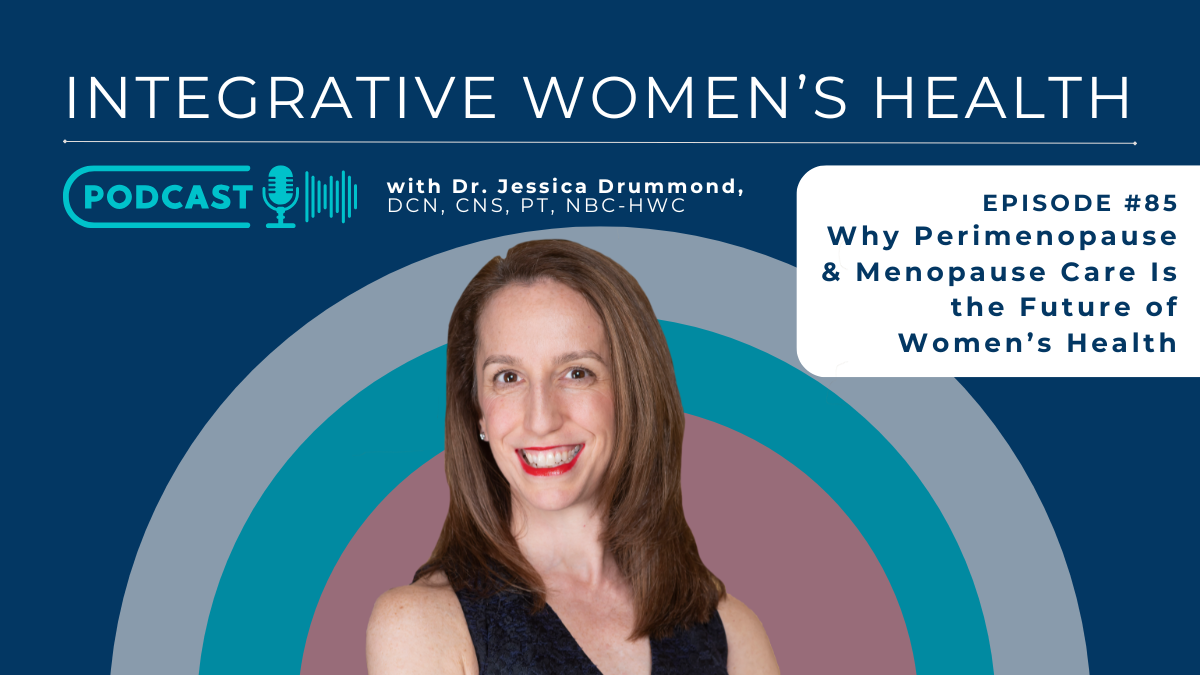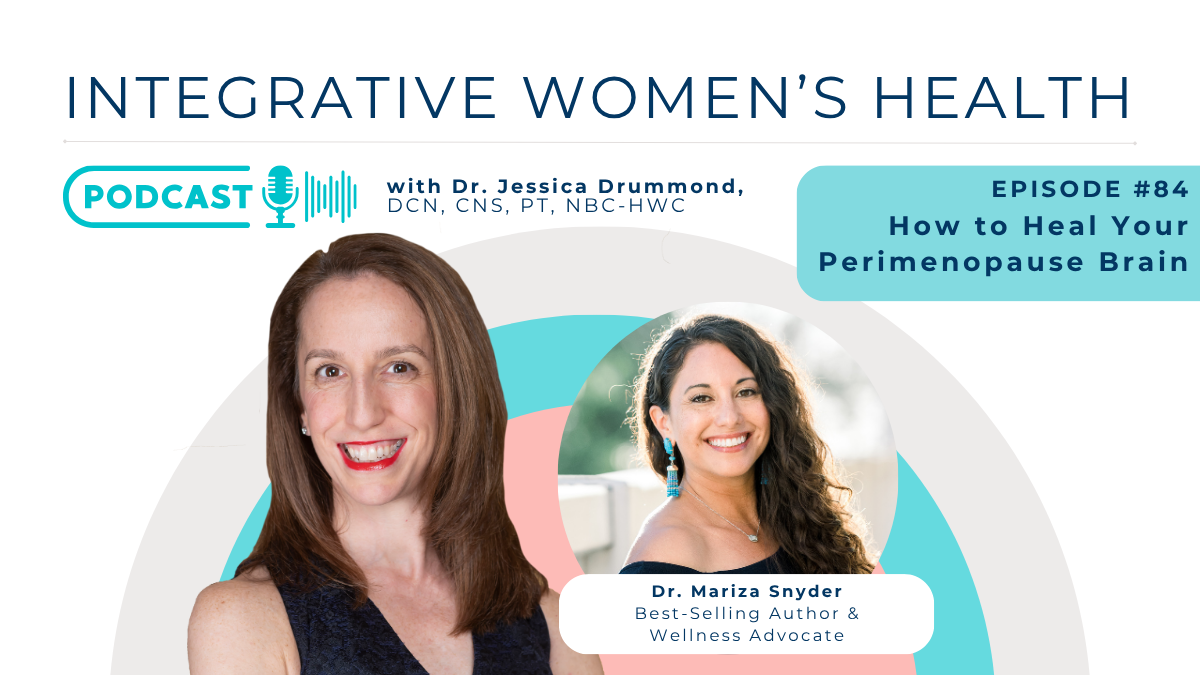At the Integrative Women’s Health Institute, we are continuously seeing clients who are seeking a more holistic approach to pregnancy, through the following article we intend to provide you, the reader, with a research-backed approach to preconception and proven wants to optimize your fertility.
By Kamila K. Veljkovic, Integrative Women’s Health Institute

The goal of this three-part series is to help you learn how to optimize your fertility and prepare your body for preconception through cleansing, functional nutrition, and mindfulness practice.
How important is it to prepare your body during preconception? Do you need to do anything to improve your fertility before you try to conceive?
Well, that depends on who you ask.
At The Integrative Women’s Health Institute we believe that it’s the first opportunity you have to optimize your baby’s health during the preconception period.
Improving your health during the preconception period also helps to boost natural fertility, which could possibly save you months or years of heartache when you are ready to have a baby.
Unfortunately, medically unexplained infertility is on the rise due in part to our high-stress lifestyles, nutritionally deficient diets, and an overwhelming amount of environmental toxins.
By approaching fertility optimization and pregnancy with small changes over a 6-12 month preconception period you can ensure that you are creating the best possible environment for a baby to grow and thrive in your womb.
Based on fertility research findings, it takes over three months for the egg to mature in order to be ready for ovulation and over three months for men to produce a new batch of sperm.
During this crucial time, both men’s and women’s bodies are extremely sensitive to nutritional deficiencies and exposure to toxins, so much so that fertility can be impacted and if the quality of the egg and sperm is low enough you may not be able to conceive.
The good news is that better quality sperm and eggs lead to increased fertility, reduced risk of miscarriage, and healthier babies!
If you are already pregnant and did not prepare in advance, do not fear because applying the preconception tips we go into in further detail below will lead you to also have a positive effect on the health of your baby.

Preparing for Pregnancy
It’s ideal to carve out a minimum of 3-12 months to prepare your body for pregnancy to ensure the baby has a healthy space to grow and develop in.
Why so long you may ask? Well, it’s mainly because we live in a world where our diets revolve around highly packaged and processed convenience foods that are devoid of nutrients, we lead stressful lives, and jobs and surround ourselves with home and personal care products that are full of toxic chemicals.
The first place to begin in preparation for a healthy pregnancy is to create a positive mindset and intention for the changes you are choosing to implement.
Focusing on gradually creating a healthier lifestyle through small changes i.e. ridding your home of toxic cleaning products or adding in more organic produce will help to set a great foundation for a happy and healthy pregnancy.
Perhaps you think you don’t need the 3-12 months to make these changes, it is important to give your body time to reset and find balance in order to carry a healthy pregnancy to full term.
Don’t forget, it takes approximately 120 days for our cells (eggs, sperm, red blood cells, etc.) to change from dietary and lifestyle modifications.
7 Tips to Start Preconception Cleansing

Stop Hormonal Birth Control
- At least 3 – 12+ months before you want to conceive.
- Hormonal birth control is known to deplete your body of the very same nutrients that you need for fertility (zinc, magnesium, B6, and vitamin D) and to nourish a growing fetus during the first trimester.
- It can also take months for your hormones to find their natural balance and for your body to start ovulating again, which is essential for conception.
- Read more about Birth Control here.
Track your Ovulation
- Ovulation, ahh the short magical window when everything is supposed to magically happen.
- That’s a lot of pressure to time it “just right.”
- This window of fertile opportunity is less than twenty-four hours long and most of us have no idea how to determine it.
- Without oversimplifying the process too much, here are some ways to find that perfect little ovulation window.
Let’s start with an overview of a woman’s cycle based on an average, healthy 28-day cycle.
- Day 1: Period starts i.e. bleeding (the lining of the uterus sheds for 3 to 7 days).
- Day 14: Ovulation occurs. This is when a mature egg is released from the ovary and moves into the fallopian tube, awaiting fertilization.
- On average, one mature egg is released every month.
- Ovulation is preceded 24 to 36 hours by a surge of LH, the luteinizing hormone secreted by the pituitary gland (another reason thyroid health is crucial) that triggers the release of the mature egg. Hence a healthy pituitary gland leads to a healthy thyroid and proper ovulation on Day 14.
- Day 28: The cycle ends and the menses begins again. Remember this is just an average of days that ovulation could take place—every woman’s cycle is different.
An app that we love to help track fertility and ovulation is GLOW — Fertility Tracker, Ovulation Calculator, Menstrual Cycle & Period Tracker. Glow’s menstrual and ovulation calculator helps you learn about your fertility, whether avoiding or attempting pregnancy, and helps keep records of your period, mood, symptoms, sex, and medications; it also predicts fertile window and assists those undergoing fertility treatments like IVF or IUI.
Detoxify your Body

- Work with an Integrative Women’s Health Institute practitioner to create a healthier lifestyle through dietary and lifestyle changes that can help to set a great foundation for a happy and healthy pregnancy.
Focus on building your nutrient reserves
- Work with an Integrative Women’s Health Institute practitioner to assess possible nutrient deficiencies and food intolerances prior to conception.
- Reviewing reliable nutrient deficiency testing allows up to support your unique nutrient needs.
Both pregnancy and breastfeeding require a lot of additional nutrients and if you are not getting them through your diet your baby will take them from your body (i.e. if you are not getting enough calcium it will be taken from your bones.)
This can leave a mom very deficient and struggling to conceive the next time around. The key to building your nutrient reserves is QUALITY.
Choose nutrient-dense foods (not low-calorie foods) such as:
- organic grass-fed meat and liver
- pasture-raised eggs
- organic whole milk yogurt and cheese
- wild fish and seafood
- unrefined fats and oils such as butter, ghee, virgin coconut oil, extra virgin olive oil
- organic vegetables that are mostly raw or fermented
- leafy greens
- sprouted grains

Reach Your Optimal Weight
- Women who enter pregnancy overweight have a much high risk of prenatal and birth complications and the need for a C-section, and the baby is much more likely to have a host of health problems ranging from allergies, asthma, and obesity in childhood to diabetes and heart disease later in life.
- Find the right program for you, based on whole foods, wise eating habits, and joyful exercise.
Manage Stress
- Stress can really wreak havoc on your hormones and cause fertility problems.
- It can throw your blood sugar and insulin levels off kilter and cause pregnancy problems including depression, anxiety, and obesity in our kids.
- In fact, it’s estimated that at least 80% of all health problems are caused by stress.
- So, pick your healing tool of choice whether it’s yoga, meditation, exercise, counseling, or making a big scary but needed life/work/relationship transformation, just do i
Reduce Environmental Toxins
- Eat foods without labels.
- Buy certified organic meat and produce.
- Switch to natural skin and hair care products.
- Use only natural household cleaners.
- Can’t afford to buy all your fruits and vegetables organic?
The Environmental Working Group has found that people can lower their pesticide exposure by almost 80 percent by avoiding the top twelve most contaminated fruits and vegetables (or buying them organic) and eating the least contaminated instead. They’ve also put a really great Cosmetic Safety Database where you can find safer alternatives for all your skin care products.

The positive changes you make to your diet and health before you get pregnant will have long-reaching effects. What we do before conception can change the health of our future children and even the children that they will have on a genetic level by turning on certain genes and turning off others.
Remember, a baby grows from the materials provided by its mother. The healthier you are when you get pregnant, the more you increase the chance for optimal growth for the baby.
Read More Pregnancy & Post-Partum Blogs
- The Ultimate Guide to Picking a Prenatal Vitamin
- The Role of Pelvic Rehabilitation in Chronic Pelvic Pain
- Is there an IVF (In-Vitro Fertilization) Diet to Improve Success?
- How To Build a Healthy Breast Milk Supply
References:
Agarwal, A., Gupta, S., & Sikka, S. (2006). The role of free radicals and antioxidants in reproduction. Current Opinion in Obstetrics and Gynecology,18(3), 325332.
Combs, D. (2014). Conceiving Healthy Babies: An Herbal Guide to Support Preconception. New Society Publishers.
Harvard University Gazette. (2007). Changes in diet and lifestyle may help prevent infertility. Retrieved via https://news.harvard.edu/gazette/story/2007/11/changes-in-diet-and-lifestyle-may-help-prevent-infertility/.
Hornstein MD, et al. Optimizing natural fertility in couples planning pregnancy. Retrieved via https://cursoenarm.net/UPTODATE/contents/mobipreview.htm?16/27/16817?source=see_link.
Hudson, T., MD. (2007). Women’s Encyclopedia of Natural Medicine: Alternative Therapies and Integrative Medicine for Total Health and Wellness. McGraw Hill Professional.
Louis GM, et al. (2011). Stress reduces conception probabilities across the fertile window: Evidence in support of relaxation. Fertility and Sterility. 2011;95:2184.
Lynch, C. D., Sundaram, R., Maisog, J. M., Sweeney, A. M., & Buck Louis, G. M. (2014). Preconception stress increases the risk of infertility: results from a couple-based prospective cohort study—the LIFE study. Human Reproduction (Oxford, England), 29(5), 1067–1075. Retrieved via https://doi.org/10.1093/humrep/deu032.
National Center for Chronic Disease Prevention and Health Promotion, Division of Reproductive Health. (2015). 2013 Assisted Reproductive Technology Fertility Clinic Success Rates Report. Retrieved via ftp://ftp.cdc.gov/pub/Publications/art/ART-2013-Clinic-Report-Full.pdf.
Northrup, C., M.D. (2010). Women’s Bodies, Women’s Wisdom: Creating Physical and Emotional Health and Healing. Random House Publishing Group.
Orecchio, C. ; Buckley, W. (2015). How to Conceive Naturally: And Have a Healthy Pregnancy after 30. Grand Central Publishing.
Palmery, M. , Saraceno, A., Vaiarelli, A., Carlomagno, G.Oral contraceptives and changes in nutritional requirements.Eur Rev Med Pharmacol Sci. 2013 Jul;17(13):1804-13. Retrieved via https://www.ncbi.nlm.nih.gov/pubmed/23852908.
Romm, A. (2014). Should You Detox Before Getting Pregnant? Retrieved via https://avivaromm.com/detox-before-getting-pregnant.
Spectracell (2013). Female Fertility. Retrieved via https://www.spectracell.com/media/uploaded/3/0e3070251_1396362397_389female-fertilitywheel213.pdf.
Twenge, J. (2012). The Impatient Woman’s Guide to Getting Pregnant. Atria Books.
W. Guoyao, F.W. Bazer, T.A. Cudd, C.J. Meininger, T.E. Spencer. (2004). J. Nutr. September 1, 2004 vol. 134 no. 9 2169-2172. Retrieved via https://jn.nutrition.org/content/134/9/2169.full.

